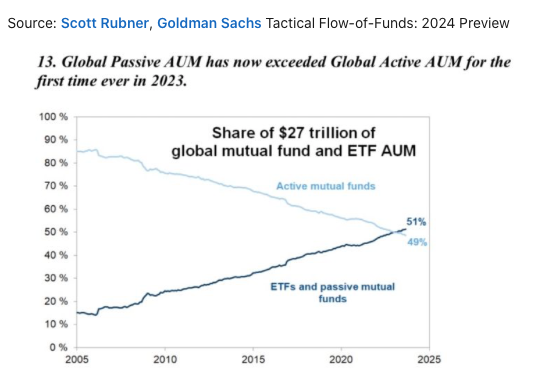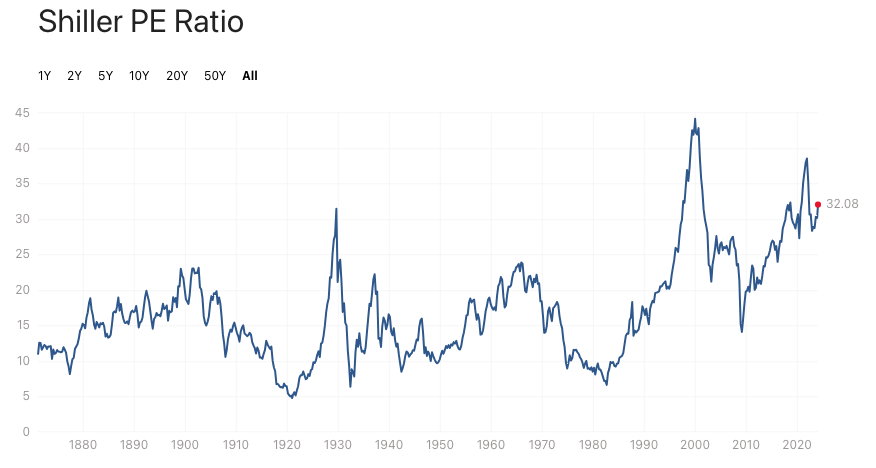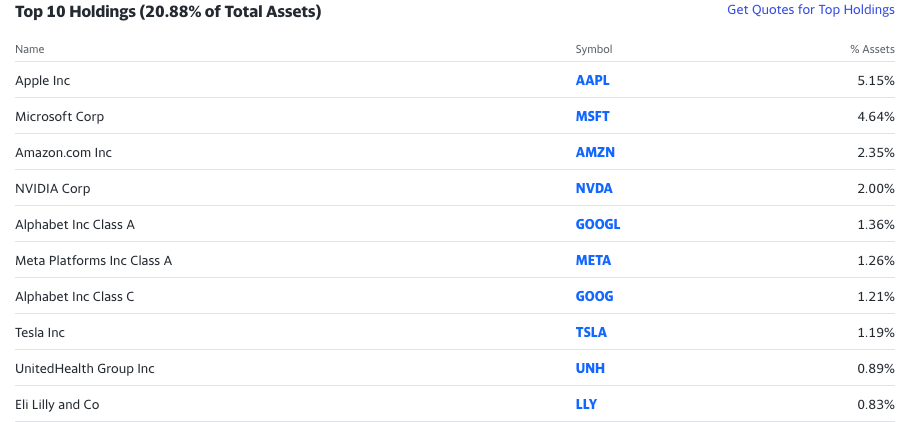
I just saw this on LinkedIn. For the first time, ETFs and passives outweigh actively managed funds in the market. Of course, with the rise in "smart ETFs", not all ETFs are passive, but equally, a fair proportion of funds that claim to be active largely track their benchmark, so perhaps that evens itself out.
Buffett famously said that in the short term the market is a voting machine, but in the long term, a weighing machine. In other words, day to day valuations may be determined by what is popular and in fashion, but in the longer term, quality and value will come good. That is, perhaps, the philosophy behind Stockopedia.
But what if the rise of passives mean that the market is permanently a voting machine? We see statistics all the time about how the magnificent 7 are now around 25% of the US market, and Apple is bigger than the combined stock markets of the UK, France and Germany (IIRC, you see figures like this all the time). It is difficult to gets statistics on the amount of new money going into funds each year, but that chart suggests a trend of new money going disproportionately into passive funds. Worse, as money is pulled from active funds, stuff that is being held on the basis of value is sold and as the money is transferred to passive funds, it goes to the stocks that are already at the highest valuations. Every pound or dollar that goes into a US tracker, or MSCI world, or, to be frank, most investments, will see a fair proportion going to buy the magnificent 7.
Where, in this situation, do we get price discovery?
I think we have seen a lot of this in markets over the past decade. There's been a lot of selling of the UK market in general (I think I recently saw redemptions from UK funds have outpaced investment over the last 26 months) and a lot of buying of the US market. Anyone who knows the US knows that most US investors wouldn't think of buying a non-US company: they believe - not unreasonably - that the US is home to the world's best companies and owning shares if part of their culture. And so we have seen UK stocks get cheaper and US stocks more expensive, and keep on…











